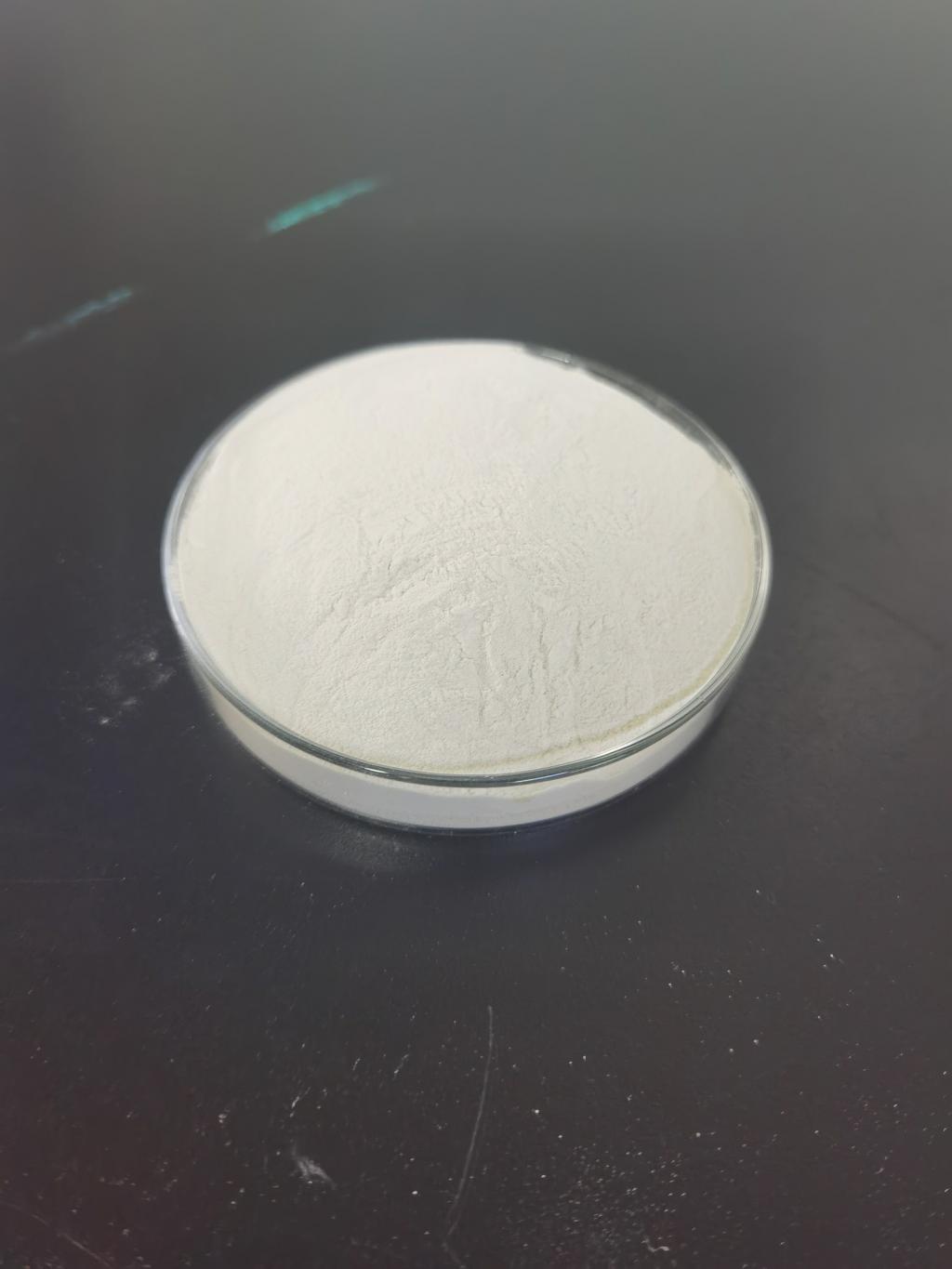Tel:+8618231198596

News
 CONTACT
CONTACT
 CONTACT
CONTACT
- Linkman:Linda Yao
- Tel: +8618231198596
- Email:linda.yao@dcpharma.cn
- Linkman:CHARLES.WANG
- Department:Overseas
- Tel: 0086 0311-85537378 0086 0311-85539701
News
Nisin in Fermented Foods: Traditional and Modern Applications.
TIME:2023-11-10
I. The Discovery and Mechanism of Action of Nisin
Discovery of Nisin
Nisin was first discovered in 1928 by Sir Alexander Fleming, the renowned microbiologist famous for the discovery of penicillin. He observed the inhibitory effects of a lactic acid bacterium, Lactococcus lactis, on the growth of other bacteria. Later, the substance responsible for this inhibitory effect was isolated and named nisin.
Mechanism of Action
Nisin is a ribosomally synthesized peptide that exhibits potent antimicrobial properties. It primarily acts against Gram-positive bacteria, disrupting their cell membranes. The main mechanisms of action include:
a. Pore Formation: Nisin binds to lipid II, a crucial precursor in cell wall synthesis, and forms pores in the cell membrane. This disrupts the integrity of the membrane, causing ion leakage and cell death.
b. Lipid Bilayer Distortion: Nisin also alters the curvature and fluidity of the cell membrane, leading to the loss of membrane integrity and ultimately cell lysis.
c. Interference with DNA and RNA Synthesis: Nisin can further interfere with nucleic acid synthesis in target cells, hampering their ability to replicate and function.
II. Traditional Applications of Nisin in Fermented Foods
Cheese Production
Nisin has been used for centuries in cheese production, particularly in the manufacturing of varieties like Cheddar and Swiss cheese. The addition of nisin to milk helps control the growth of undesirable bacteria and molds, contributing to the development of the characteristic flavors and textures of these cheeses.
Sauerkraut Fermentation
Sauerkraut, a traditional fermented cabbage dish, relies on lactic acid bacteria for fermentation. Nisin-producing bacteria, such as Lactococcus lactis, contribute to the safety and preservation of sauerkraut by inhibiting the growth of spoilage and pathogenic bacteria.
Fermented Meat Products
In the production of fermented meat products like sausages and salami, nisin-producing bacteria are crucial in controlling the growth of harmful microorganisms. The antimicrobial action of nisin enhances the safety and shelf life of these products.
Fermented Dairy Products
Various fermented dairy products, including yogurt and kefir, benefit from nisin-producing bacteria. These bacteria help maintain the desired microbial balance during fermentation, ensuring product safety and quality.
Preservation of Pickles
Fermented pickles, such as dill and bread-and-butter pickles, rely on nisin-producing lactic acid bacteria to prevent spoilage and maintain their crisp texture. Nisin ensures the safety and stability of the brine solution.
III. Modern Applications of Nisin in Fermented Foods
Enhanced Food Safety
Nisin's antimicrobial properties have gained recognition in modern food production. Its application can help control the growth of foodborne pathogens, such as Listeria, Salmonella, and Staphylococcus, reducing the risk of foodborne illnesses.
Natural Food Preservation
Consumers are increasingly seeking natural and clean-label food preservation methods. Nisin's status as a naturally occurring antimicrobial peptide makes it an attractive choice for food manufacturers looking to extend the shelf life of their products without resorting to chemical preservatives.
Probiotic Foods
Probiotic foods, such as probiotic yogurt and fermented beverages, rely on specific strains of lactic acid bacteria for their health benefits. Nisin-producing probiotics not only enhance product safety but also contribute to the overall well-being of consumers by promoting a healthy gut microbiome.
Fermented Plant-Based Foods
The demand for plant-based and vegan alternatives to traditional dairy and meat products has been on the rise. Nisin-producing lactic acid bacteria can play a pivotal role in the fermentation of plant-based ingredients, ensuring the quality and safety of products like non-dairy yogurts and meat analogs.
Ready-to-Eat Meals
Convenience is a driving force in the food industry. Ready-to-eat meals can benefit from the antimicrobial properties of nisin to extend their shelf life while maintaining food safety.
IV. Regulatory Aspects and Safety Considerations
Regulatory Approval
Nisin is generally recognized as safe (GRAS) by regulatory agencies such as the U.S. Food and Drug Administration (FDA) and the European Food Safety Authority (EFSA). It has received approval for use in various food applications, subject to specific usage levels and labeling requirements.
Allergenicity
While nisin is considered safe for consumption, there have been rare reports of allergic reactions in some individuals. Allergenicity should be considered, and labeling requirements should be followed to ensure consumer safety.
Residue and Resistance
Concerns have been raised about the potential development of bacterial resistance to nisin due to its widespread use. Careful monitoring and responsible usage are essential to mitigate this risk.
V. Conclusion
Nisin, a natural antimicrobial peptide with a long history of use in fermented foods, continues to find new and exciting applications in modern food production. Its mechanism of action, as well as its role in enhancing food safety, preservation, and the development of novel food products, underscores its significance in the food industry. As consumer demand for clean-label and natural food preservation methods grows, nisin is poised to play an even more critical role in shaping the future of fermented foods. With responsible usage and adherence to regulatory guidelines, nisin remains a valuable tool in both traditional and modern food production, ensuring the safety and quality of a wide range of products.
- Tel:+8618231198596
- Whatsapp:18231198596
- Chat With Skype







